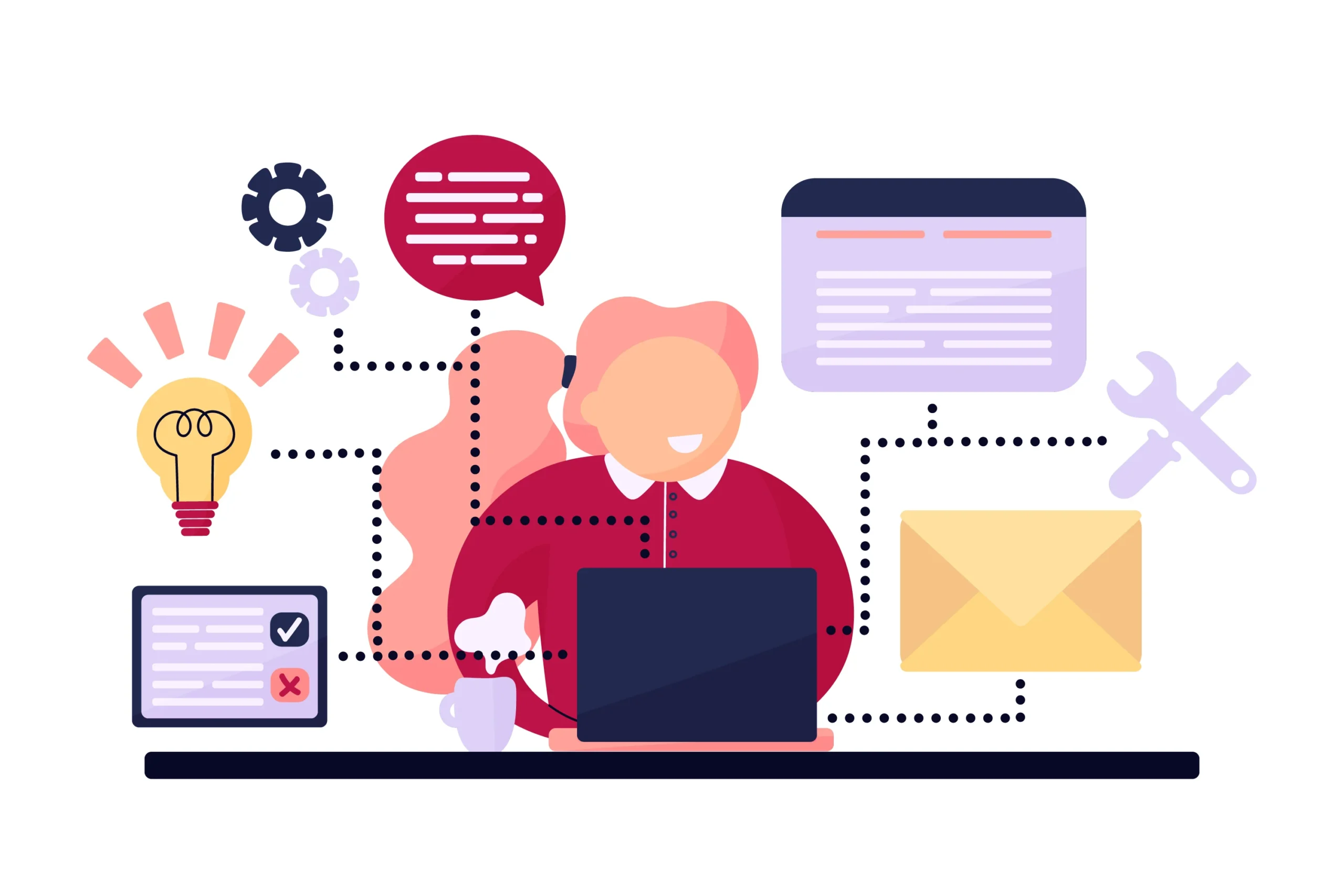Introduction
Leadership is a critical skill that impacts every aspect of professional and personal life. Effective leaders inspire, guide, and influence others to achieve common goals. Whether you’re stepping into a leadership role for the first time or seeking to refine your existing skills, enhancing your leadership abilities is essential for success. This article explores actionable strategies to improve your leadership capabilities, focusing on key aspects such as communication, emotional intelligence, and strategic thinking.
Understanding the Core Components of Leadership
Before diving into strategies for improvement, it’s essential to understand what constitutes effective leadership. Leadership involves a blend of various qualities and skills:
Vision and Strategic Thinking
Great leaders have a clear vision and the ability to think strategically about how to achieve their goals.
- Vision: The ability to see beyond the present and envision the future direction of the organization or team.
- Strategic Thinking: The skill to plan and implement long-term strategies to reach objectives.
Communication Skills
Effective communication is at the heart of leadership. It involves not just speaking clearly but also listening actively.
- Verbal Communication: Articulating ideas and expectations clearly to team members.
- Active Listening: Paying close attention to others, understanding their perspectives, and responding thoughtfully.
Emotional Intelligence
Emotional intelligence (EI) is the ability to understand and manage your own emotions while empathizing with others.
- Self-Awareness: Recognizing your emotions and how they impact your behavior and decision-making.
- Empathy: Understanding and addressing the emotions and needs of others.
Strategies to Enhance Your Leadership Abilities
Improving your leadership abilities requires intentional effort and practice. Here are some effective strategies:
Develop Self-Awareness
Self-awareness is crucial for personal growth and effective leadership. Understanding your strengths and areas for improvement allows you to manage your behavior and reactions better.
- Self-Reflection: Regularly assess your performance, behaviors, and leadership style. Journaling or seeking feedback can provide insights.
- Personality Assessments: Tools like the Myers-Briggs Type Indicator (MBTI) or Emotional Intelligence Quotient (EQ-i) can help you understand your traits and improve self-awareness.
Enhance Communication Skills
Effective communication is a cornerstone of strong leadership. Improving how you convey information and engage with others can significantly impact your leadership effectiveness.
- Active Listening: Practice listening without interrupting. Show empathy and understanding by acknowledging others’ viewpoints.
- Clear Messaging: Focus on being clear and concise when delivering information. Tailor your message to your audience to ensure it resonates.
Cultivate Emotional Intelligence
Developing emotional intelligence can improve how you manage relationships and handle stress.
- Empathy Development: Practice putting yourself in others’ shoes to better understand their feelings and perspectives. This can enhance your interactions and build stronger relationships.
- Stress Management: Learn techniques to manage stress and maintain composure under pressure, such as mindfulness or relaxation exercises.
Strengthen Decision-Making Skills
Effective leaders are decisive and can make informed decisions quickly.
- Gather Information: Make decisions based on comprehensive information. Analyze data and consider various perspectives before finalizing a choice.
- Learn from Experience: Reflect on past decisions and their outcomes to improve future decision-making processes.
Foster a Positive Team Environment
Creating a supportive and collaborative team environment encourages productivity and engagement.
- Build Trust: Foster trust within your team by being transparent, consistent, and reliable. Encourage open communication and feedback.
- Recognize and Reward: Acknowledge and celebrate team members’ achievements. Providing recognition can boost morale and motivation.
Embrace Continuous Learning
Leadership is an ongoing journey of learning and development. Stay updated on industry trends and leadership practices.
- Professional Development: Attend workshops, seminars, or courses related to leadership. Networking with other leaders can provide new insights and strategies.
- Reading and Research: Read books, articles, and case studies on leadership to gain knowledge and inspiration.
Implementing Leadership Improvement Plans
To effectively enhance your leadership abilities, consider implementing a structured improvement plan:
Set Specific Goals
Identify clear, measurable goals for your leadership development. For example, you might aim to improve your communication skills or enhance team collaboration.
- SMART Goals: Ensure your goals are Specific, Measurable, Achievable, Relevant, and Time-bound.
- Action Plans: Create a detailed action plan outlining steps to achieve your goals and track your progress.
Seek Feedback and Mentorship
Receiving feedback from peers, mentors, or coaches can provide valuable insights into your leadership style and areas for improvement.
- Regular Feedback: Solicit constructive feedback from colleagues and team members. Use it to make informed adjustments to your leadership approach.
- Find a Mentor: Partner with a mentor who can offer guidance, share experiences, and help you navigate challenges.
Conclusion
Enhancing your leadership abilities involves a commitment to personal growth and development. By focusing on core components such as communication, emotional intelligence, and strategic thinking, you can become a more effective and influential leader. Implementing strategies like self-awareness, fostering a positive team environment, and embracing continuous learning will help you refine your leadership skills and achieve greater success.
Leadership is a journey, not a destination. Embrace the opportunity to learn and grow continuously, and you will find yourself becoming a more capable and inspiring leader.


